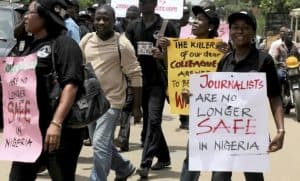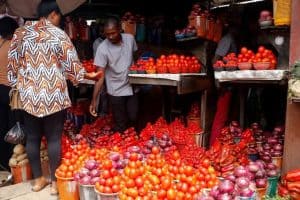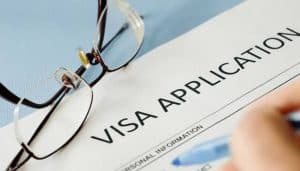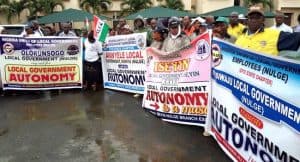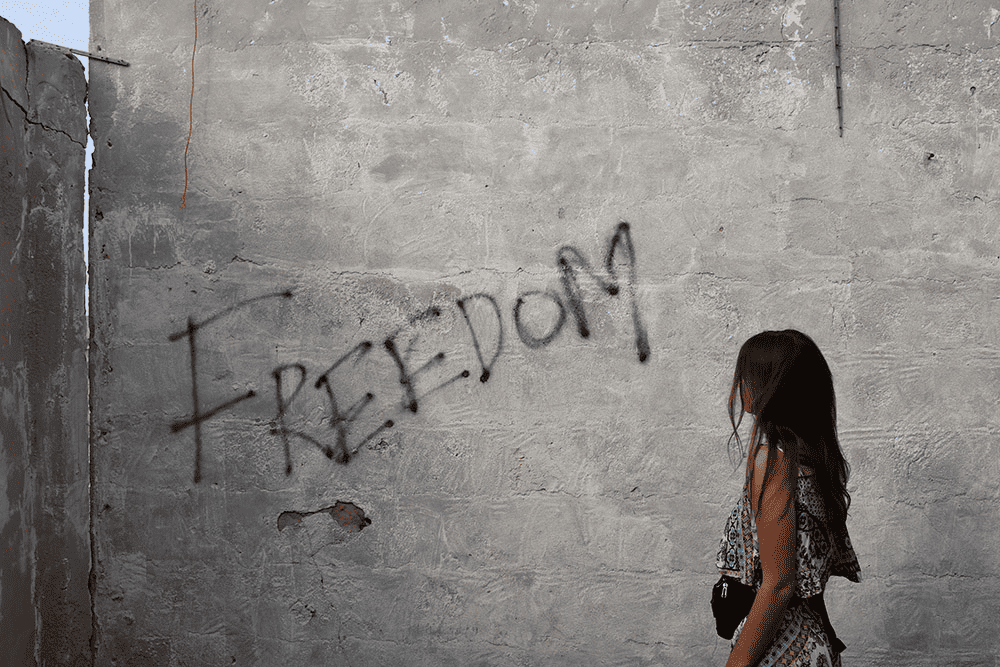
Freedom. A word that resonates deeply within each of us. But when we ponder on it, do we truly grasp its essence?
When we talk about freedom, it is often seen through the lens of an absence of jail and chains, of shackles and bondage, of imprisonment and slavery. But guess what? It’s way more than that.
So, what exactly is freedom in its true sense?
Subscribe to our newsletter!
Freedom is the liberation of the mind and spirit from the subtle shackles that bind us, ranging from speech, rights to ownership or advancement in technology.
While we may not be bound by physical chains, many people are ensnared by societal norms, government regulations, and the silent expectations of conformity. In its true sense, freedom is the power to express our unique individuality, make informed choices, and chase our dreams without the shadow of fear or undue restraint. It is the autonomy over our thoughts, actions, and the fruits of our labour.
So, with this newfound understanding, can you confidently say you are free?
The Stark Reality
In 2021, Freedom House painted a sombre picture: less than 20% of the global population resides in “free” countries. Zooming into Africa, a mere 9% enjoy this privilege. This lack of political freedom manifests in myriad ways — from stifled freedom of speech to the absence of genuine democratic processes. The repercussions? A stifled voice and a suppressed choice.
Now, coming to your finances. Economic freedom is the bedrock of overall freedom. It is the power to control your labour and assets. Yet, in Africa, this right is often elusive due to poverty, unemployment, and stark income disparities. A staggering 41.3% of the Sub-Saharan population survives on less than $1.90 a day, as per the World Bank’s 2021 data.
Are these people free? It’s hard to say.
Subscribe to our newsletter!
Most African countries are considered economically unfree and repressed, largely because of high taxes, bureaucratic bottlenecks and several protectionist policies designed and supposed to aim at protecting local business but have backfired with adverse effects.
In 2022, Nigeria was home to approximately 12 percent of the world’s population living in extreme poverty. Following closely was the Democratic Republic of the Congo, which accounted for around 10 percent of the global population enduring extreme poverty. Other African countries with significant populations facing severe financial hardship included Tanzania, Madagascar, and Mozambique.

This economic strain curtails choices and opportunities, silently eroding people’s freedom.
But, why is poverty so pervasive in Africa? The answer is not farfetched. It lies in the low level of economic freedom. Governments may not physically confine you, but they can stifle opportunities for you, without you even knowing a thing.
The Bureaucratic Labyrinth
Starting a business in many African nations is akin to navigating a perplexing bureaucratic maze. The World Bank’s Doing Business 2020 report highlights that it takes an average of 6 procedures and 14 days to kickstart a business in Sub-Saharan Africa. In contrast, Organisation for Economic Co-operation and Development nations (OECD), predominantly high-income economies, require just 4.5 procedures over 9 days. This complexity deters potential entrepreneurs, both local and international.
Overregulation extends to trade. Restrictive policies, high tariffs, and non-tariff barriers hinder businesses from importing essential inputs or exporting their offerings. Such policies stifle growth, limit competition, and inflate prices. The African Development Bank reveals that intra-African trade stands at a mere 16%, a stark contrast to Europe’s 60% and North America’s 40%. This disparity hampers small businesses and allows larger entities to monopolize, often delivering subpar products and services.
Subscribe to our newsletter!
Overregulation also casts a shadow over property rights. Registering a property in many African countries is a tedious affair, discouraging investments. The World Bank’s report indicates that property registration in Sub-Saharan Africa takes an average of 6 procedures over 53 days, whereas OECD nations require just 4.6 procedures across 20 days.
Now, you will ask what the effect is. The effect is the economy walking backwards. World Bank’s data reveals a concerning trend: economic growth in Sub-Saharan Africa decelerated to 3.6% in 2022, down from 4.1% in 2021. Experts say economy decelerates due to an aging population, the dominance of low-growth industries, or government policies that discourage growth.
Well, Africa does not suffer an ageing population; 60 percent of the people live below the age of 25. According to the CIA World Factbook, the top 10 countries with the lowest median age are situated in Africa. Low-growth industries are the products of government’s repressive policies, something that have stymied the continent’s economic progress for decades.
Most African countries are considered economically unfree and repressed, largely because of high taxes, bureaucratic bottlenecks and several protectionist policies designed and supposed to aim at protecting local business but have backfired with adverse effects.

Countries above the red line have an economic freedom score higher than the global average, while those below the line have a score lower than the global average. This provides a comparison of African countries’ economic freedom relative to the rest of the world.
It turns out that economic freedom is inseparable in determining a country’s prosperity. Countries that score high in the economic freedom index tend to be rich because they have more opportunities for businesses to grow and create jobs. This leads to higher incomes for individuals and more tax revenue for governments.
These are the top 15 richest countries in the world, according to World Atlas.
1. Ireland
2. Luxembourg
3. Singapore
4. Qatar
5. United Arab Emirates
6. Switzerland
7. Norway
8. United States
9. San Marino
10. Brunei
11. Denmark
12. Netherlands
13. Iceland
14. Austria
15. Andorra
Eleven of the top 15 countries ranked as the richest in the world fall under a “free” or “mostly free” economy. Are you still asking how it relates?
The statistics show us economic freedom is undeniably a driving element of a country’s prosperity. Countries that score high in the economic freedom index tend to be rich because they have more opportunities for businesses to grow and create jobs. This leads to higher incomes for individuals and more tax revenue for governments.
Subscribe to our newsletter!
In countries countries with low economic freedom tend to have less investment, fewer jobs, lower incomes, and less innovation. Who would invest in a place where there is no rule of law or where the government can wake up one day and decide to make rules that make it difficult to enjoy the proceeds of your business?
When you look at a slave, you resent how miserable he is. Of course, he is poor because he possesses no property rights, no right to choose which business to venture into or what to sell, and no right to the fruit of his labour since he labours only for his master.
You see why you need more economic freedom?
The essence of this narrative is simple: the reins of your economic growth are often in the hands of a selected few. And their decisions, knowingly or unknowingly, can shape the way your life turns out to be. It’s time to be informed, to question, and to reclaim the freedom that is rightfully yours.
To do this, you need to know what rights are truly yours and how to exercise your due diligence.
Till we meet again, stay free and keep reasoning.
Subscribe to our newsletter!

